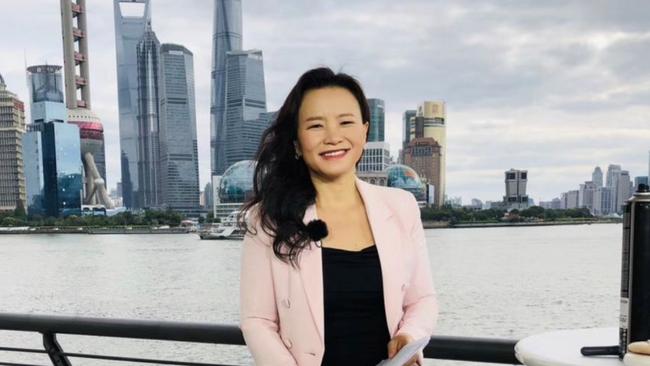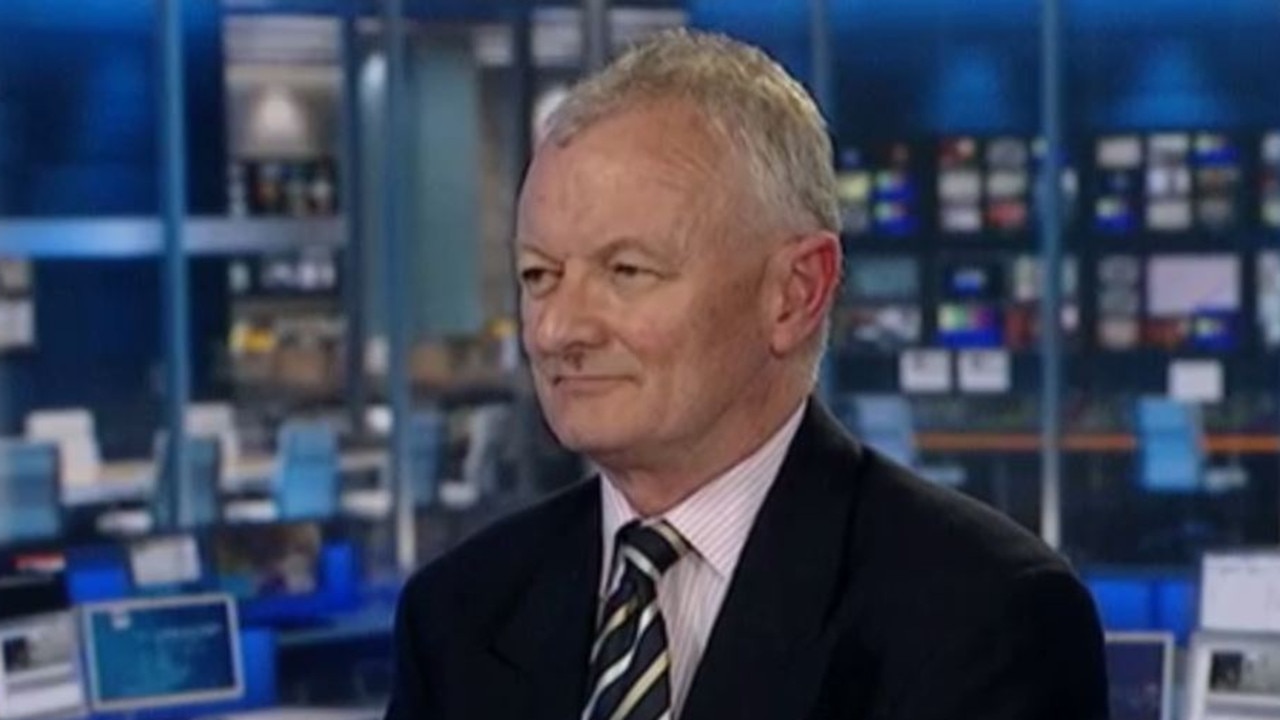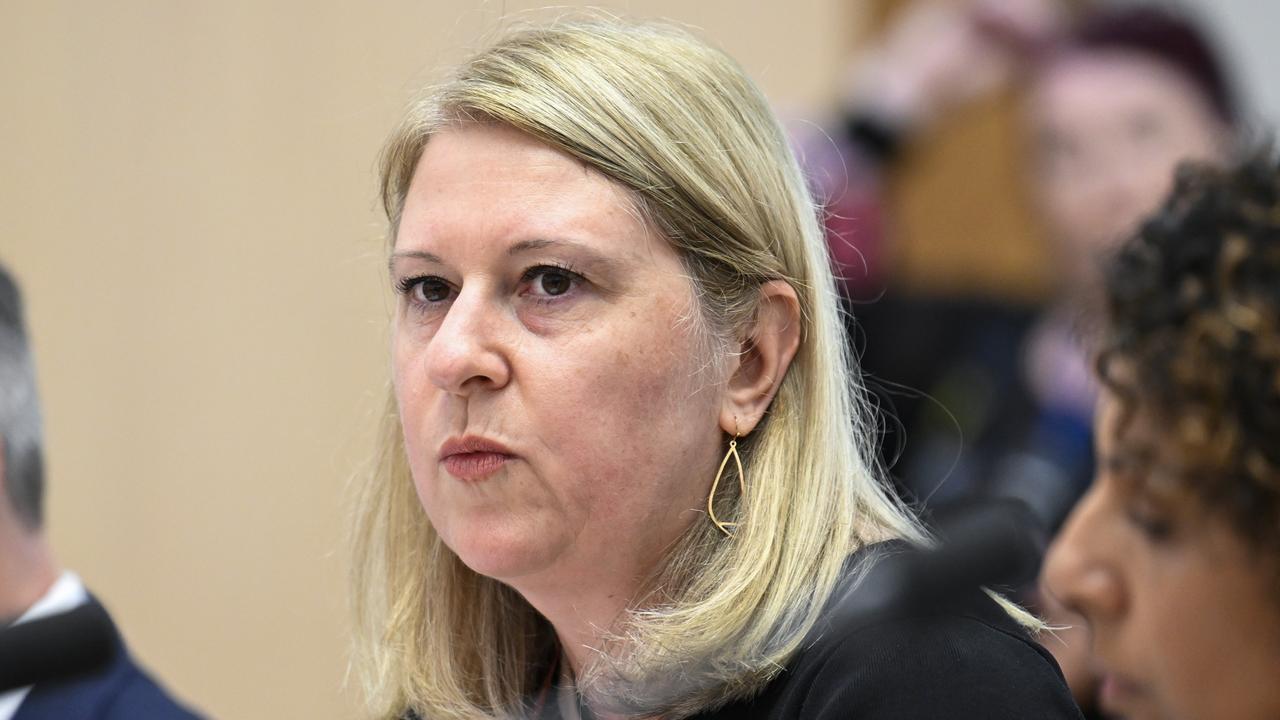Detained Australian journalist Cheng Lei awaits her next consular visit after a two-month delay
Australian television presenter Cheng Lei is anxiously awaiting her next consular visit, as she continues to be held in a Beijing prison.

Australian television presenter Cheng Lei is unsure as to when her next consular visit will be, despite continued requests from the Department of Foreign Affairs and Trade to Chinese authorities.
The 47-year-old journalist has had the verdict in her trial delayed until at least next year.
DFAT officials on Friday said they have requested a visit to see Cheng next month.
Her last monthly visit from consular officials was more than nine weeks ago, on September 23, due to Covid-19 measures in Beijing.
“Australia has already requested a consular visit to Ms Cheng in December and we continue to follow up on these requests,” a DFAT spokesman said.
“Australia expects Chinese authorities to provide regular access to Ms Cheng in line with our bilateral consular agreement.”
Consular visits did not occur in October or November.
Cheng, a former anchor for Chinese state-run English language news channel broadcaster CGTN (China Global Television Network), was arrested and detained in August 2020 over allegations she provided state secrets. She has been imprisoned in a Beijing jail.
The DFAT spokesman said the Australian government continues to provide consular assistance to Cheng and her family.
Cheng has two children who live in Melbourne and she is unable to speak with them or her partner, Nick Coyle, who lives in the Papua New Guinea capital, Port Moresby.
“The visits are really important and I understand there are Covid-related restrictions in place but I think it’s incumbent upon the officials in China to find another way to have visits,” Mr Coyle said.
“That shouldn’t preclude at least a phone call, for example, from happening, given the consular visits are not face to face.”
The consular visits have so far been made via video link between officials and Cheng.
Mr Coyle said he and Ms Cheng recently exchanged letters after the pair were given permission to write to each other.
Cheng’s letters are handwritten while Coyle has sent typed letters to his partner.
He told The Australian that it had been very “helpful” for both of them.
“She’s doing really well in difficult circumstances and she certainly appreciates all the support she receives from friends and family,” Mr Coyle said.
“She’s doing as well as anyone could do in those circumstances.
“The letters have been very helpful for us to have that level of contact.”



